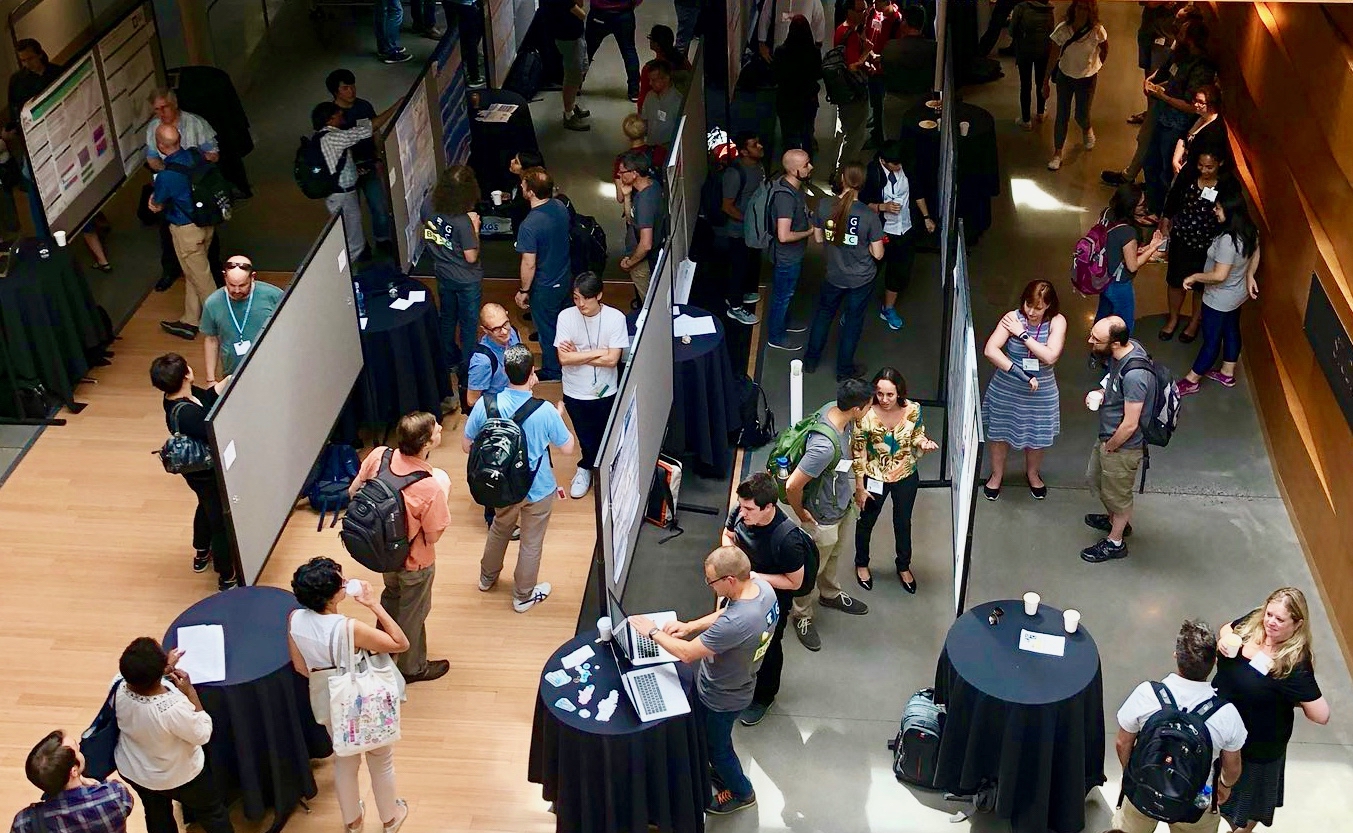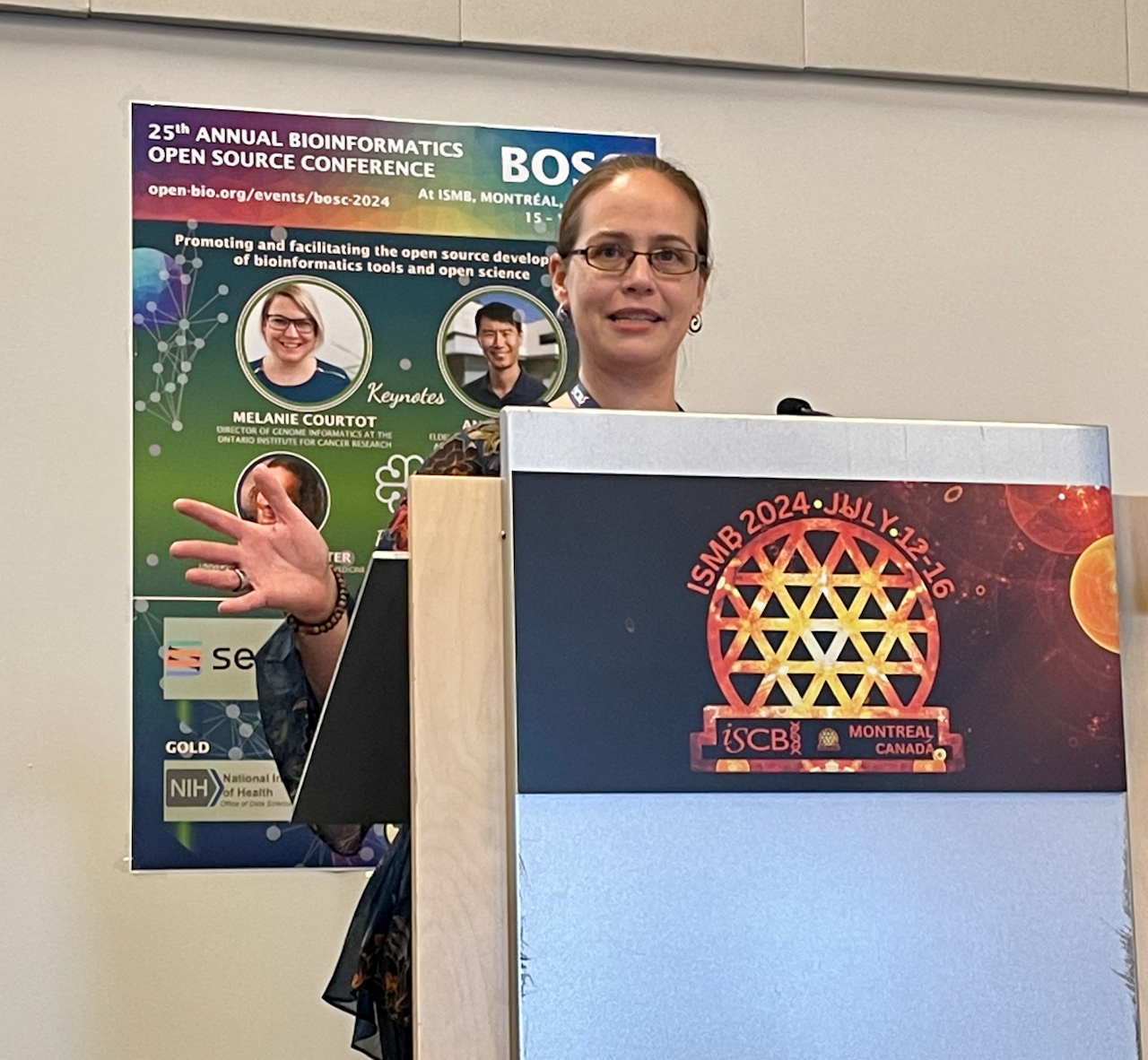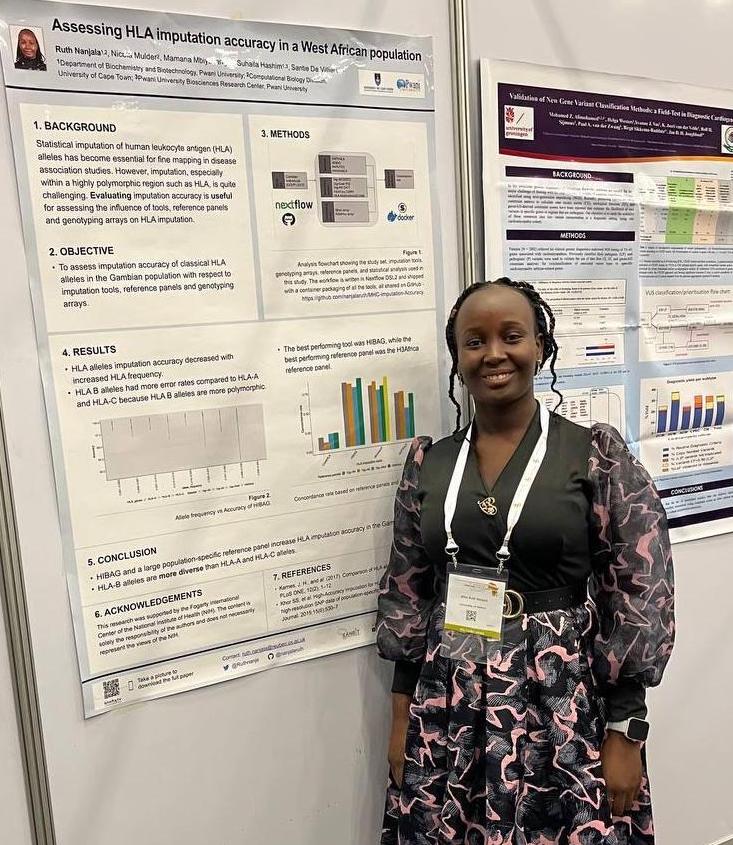One of the new things coming in Biopython 1.59 is improved chromosome diagrams, something you may have seen via Twitter. I’ve just been updating the Biopython Tutorial (current version here, PDF) to include an example drawing this:

Here’s a PDF version too. This example just parses the Arabidopsis thaliana GenBank files to get the chromosome lengths and the tRNA gene placements. There are so many tRNA on the forward strand of Chr I that their labels are forced to overlap. Here the figure just uses a different color for each chromosome, but you can color each feature individually.
[Read More]

